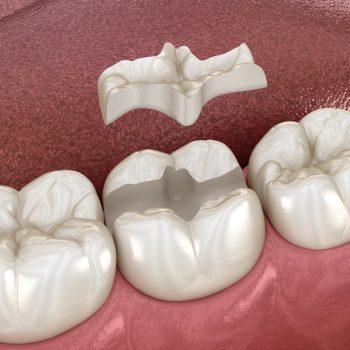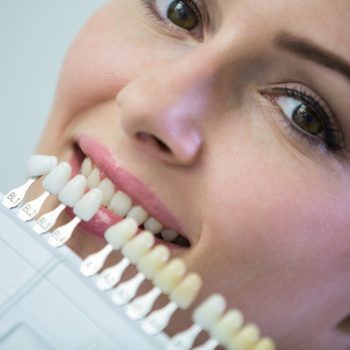
Pregnancy and oral health
- On 15 December, 2023
The connection between pregnancy and oral health, specifically gum inflammation, is a relevant topic that can impact the lives of many women. During pregnancy, the body undergoes a series of significant hormonal changes that can influence various parts of the body, including oral health. Hormones such as estrogen and progesterone increase considerably during pregnancy. These hormonal changes can trigger greater sensitivity in the gums, making them more prone to inflammation, redness and bleeding. This temporary phenomenon is commonly known as gestational gingivitis. Symptoms usually appear during the second trimester, and often decrease after delivery. However, if not managed properly, this gum inflammation could progress to a more serious form of periodontal disease, known as periodontitis, which could have more serious implications for oral health.
The relationship between pregnancy and gum inflammation is due to several factors. One of them is increased blood flow to the gums, making them more sensitive and susceptible to irritation. In addition, the immune system response can be affected during pregnancy, which can contribute to greater inflammation of the gums in the presence of bacterial plaque. Proper oral hygiene becomes essential during pregnancy to control and prevent gestational gingivitis. It is important to brush your teeth at least twice a day with a soft-bristled brush and floss to remove plaque that builds up between your teeth. Additionally, rinsing with dentist-recommended mouthwash can help reduce inflammation and maintain gum health.
Gum inflammation during pregnancy not only affects oral health, but can also have broader implications. Some studies have suggested a possible relationship between poor oral health during pregnancy and complications such as premature birth or low birth weight babies. While more research is needed to fully understand this connection, it highlights the importance of taking care of oral health during pregnancy as an integral part of prenatal care.
Visiting the dentist regularly during pregnancy is also very important. Dental checkups allow us to detect and treat any oral problem early, and at Rossell Carol we can provide specific guidance on how to better care for oral health during pregnancy. Dr. Celeste Fernández has developed a specific oral health care plan for the pregnancy stage.
We must know that pregnancy can increase the sensitivity and susceptibility of the gums to inflammation due to hormonal changes and increased blood flow in the oral cavity. Gestational gingivitis is common, but it can be prevented and controlled with good oral hygiene and regular visits to the dentist. Taking care of oral health during pregnancy not only benefits the mother, but can also have a positive impact on the baby’s overall health.


